Keywords: Income Adequacy
-

AUSTRALIA
- Kevin Bell
- 29 November 2024
2 Comments
With unaffordable housing pushing families into impossible choices, homelessness affecting 120,000 people, and systemic inequities deepening, we must ask: What kind of society do we want to build — and for whom?
READ MORE 
-

AUSTRALIA
- Joe Zabar
- 31 January 2023
1 Comment
A welcome development in the Albanese government's reform agenda is the newly established Economic Inclusion Advisory Committee to examine the obligation placed upon governments to provide employment. While the principle of a job guarantee is essential to any social security reform, so too is the attitude we hold towards those who access welfare.
READ MORE
-
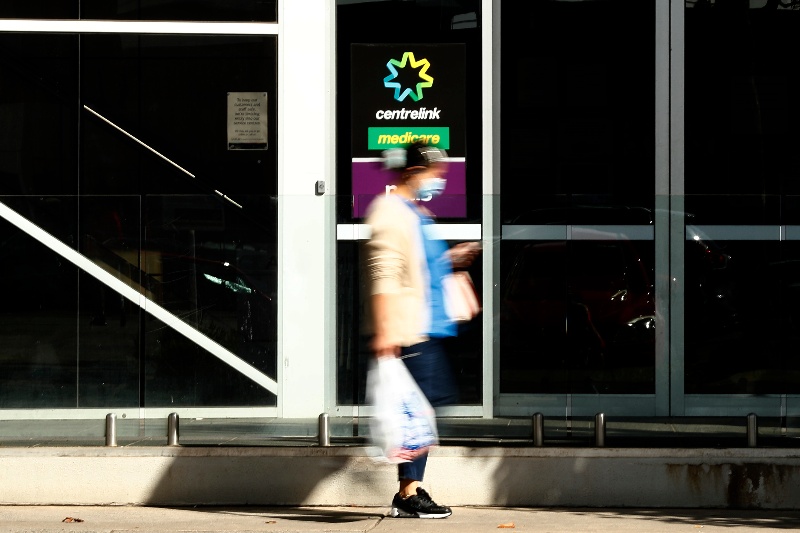
AUSTRALIA
- Ursula Stephens
- 01 April 2021
1 Comment
At the beginning of the Covid-19 pandemic, the government reassured Australia ‘We’re all in this together’ but the truth is that the end of JobKeeper and the Coronavirus supplement payments will leave more than 2.6 million people in poverty.
READ MORE 
-
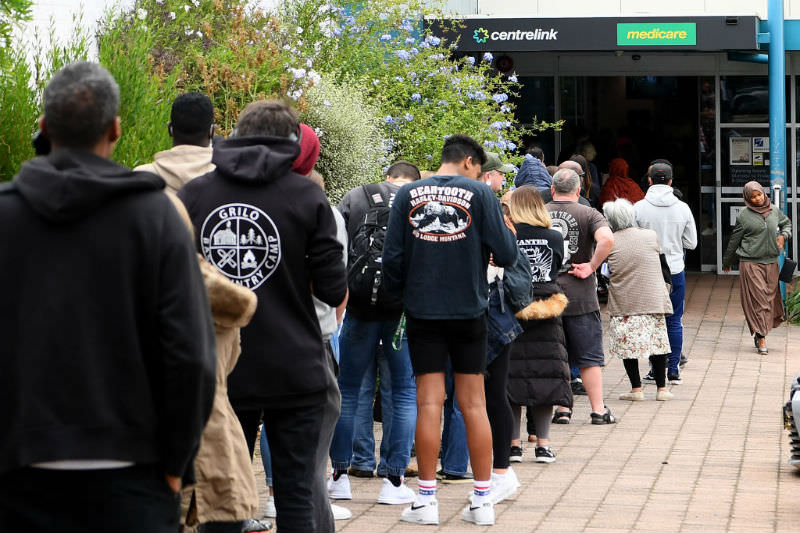
AUSTRALIA
- Joshua Lourensz
- 04 March 2021
4 Comments
Many people are still doing it tough. And the many organisations who are tasked with trying to support them share a sense of dismay as we see Federal Government assistance being wound back fast. We need to increase decent work opportunities and ensure a reasonable safety net for those out of work if we want to get through this and still claim the ‘fair go’.
READ MORE 
-
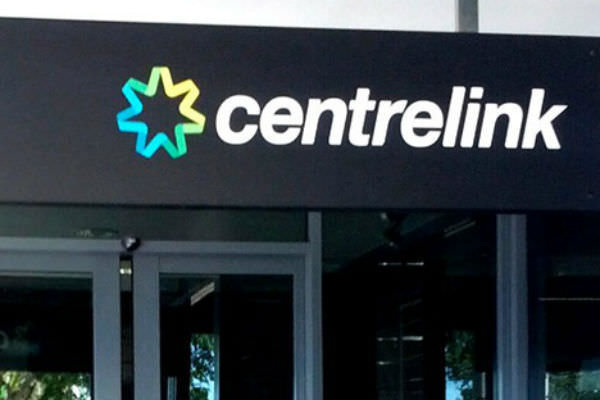
ECONOMICS
- Bree Alexander
- 25 February 2020
2 Comments
After taking account of housing costs, it is estimated that 3.24 million people, equating to more than one in eight people, are estimated to be living below the poverty line in Australia. For children, it is estimated to be one in six.
READ MORE 
-

RELIGION
- Frank Brennan
- 18 February 2019
'We can do this better by breaking down the silos and binding together our concern for nature, justice for the poor, commitment to society, and interior peace.' Opening Keynote Address by Fr Frank Brennan SJ at the Catholic Social Services Australia National Conference, Port Macquarie 19 February 2019.
READ MORE
-

ECONOMICS
- John Falzon
- 21 January 2019
22 Comments
Inequality is not an aberration that comes with neoliberalism. It is the foundation of neoliberalism, along with its partners in social crime: patriarchy and colonisation. As Sharan Burrow, the Australian General Secretary of the ITUC, puts it so poignantly: 'We live in a fragmented world.' The excluded form the majority across the globe.
READ MORE 
-
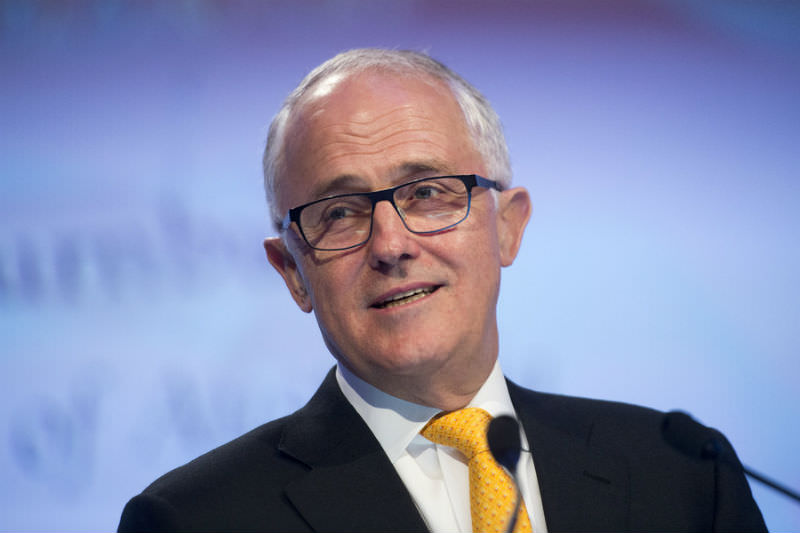
ECONOMICS
If you accept the tenets of individualism, you are going to struggle to see why we should have anything but the most minimal level of taxation, and you wouldn't hold that taxation should be progressive to be fair. But the reality is that inequality is a political failure; not a personal one.
READ MORE 
-

AUSTRALIA
- Frank Brennan
- 01 May 2018
12 Comments
The Turnbull government holds the view that tax relief for companies and middle-income earners is necessary to improve the economic prosperity of Australia, offering a financial hand up to households struggling to pay their bills. For those on Newstart, though, those same increased costs of living are being all but ignored.
READ MORE 
-
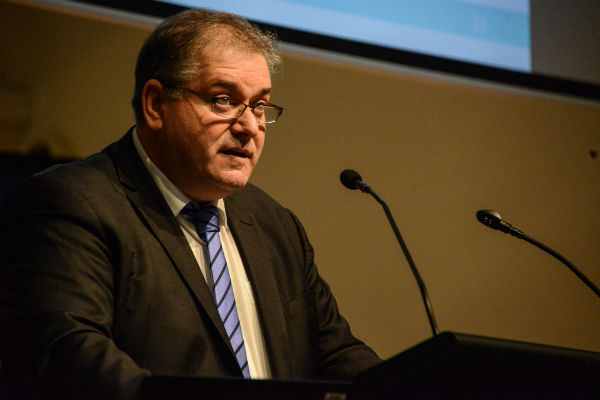
ECONOMICS
- Joe Zabar
- 27 February 2018
'Francis' statement is not one merely for theological or academic contemplation. It is in effect Francis' call to establish a new benchmark for our economy, one where exclusion and inequality are no longer a natural and accepted consequence of its operation.' Director of Economic Policy for Catholic Social Services Australia addresses the CSSA annual conference in Melbourne, February 2018.
READ MORE
-
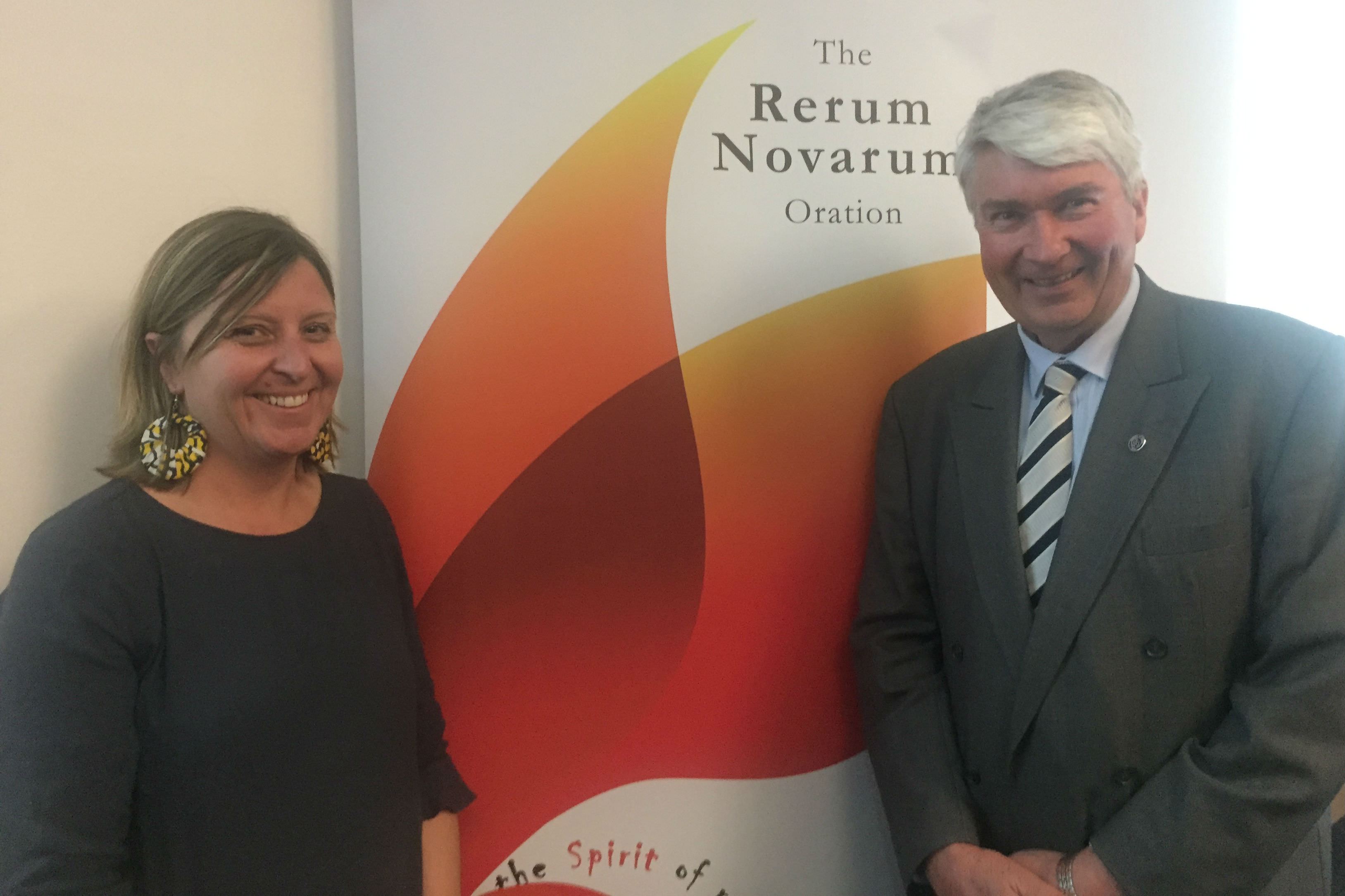
RELIGION
- Frank Brennan
- 08 November 2017
'We need to recommit to work for all those who are able and willing. We need to recommit to social assistance for all those who are not able. We need to ensure that a life of frugal dignity is within the grasp of all citizens.' 2017 Rerum Novarum Oration by Fr Frank Brennan SJ
READ MORE
-
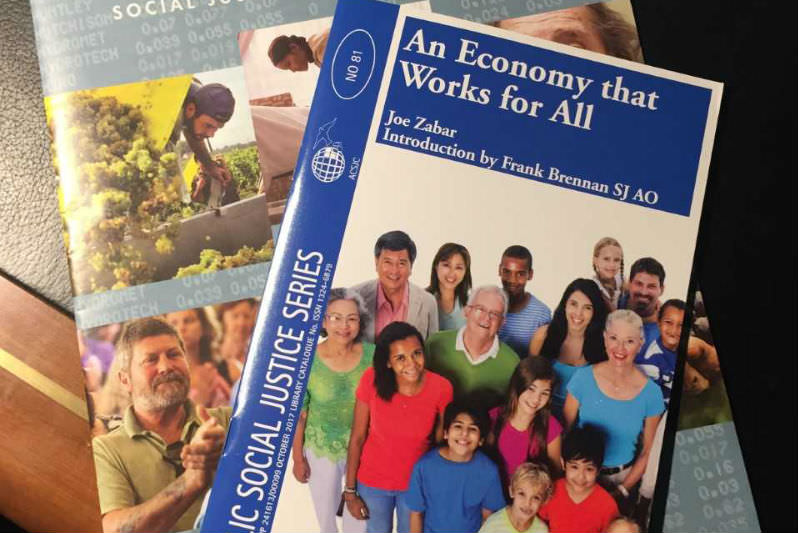
ECONOMICS
- Frank Brennan
- 18 October 2017
10 Comments
The promise of riches from the trickle-down effect is at best patchy for many Australians, and non-existent for others. Continuing with the same economic and social policy settings will exacerbate the already growing divide between the rich and the poor and eventually damage the economy to such an extent that it has a detrimental effect on everyone.
READ MORE 